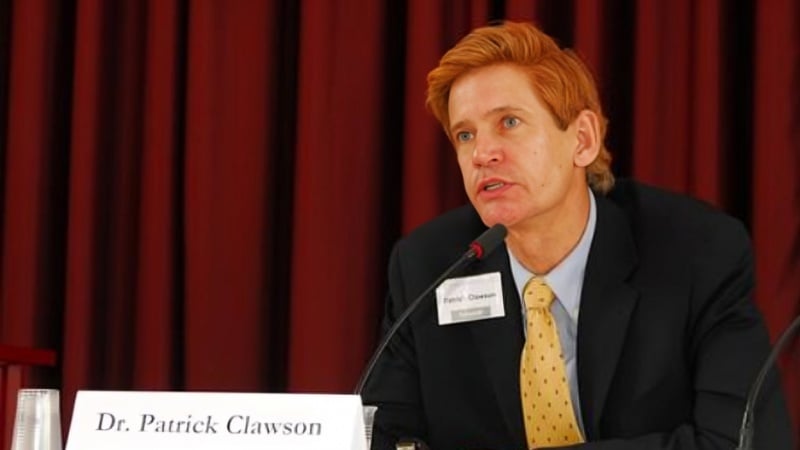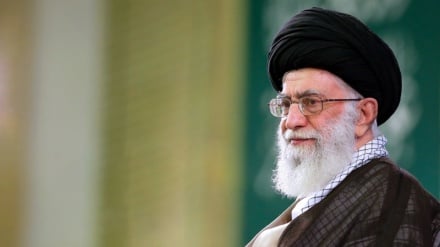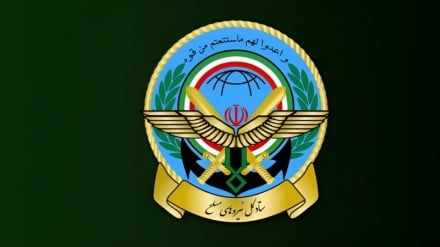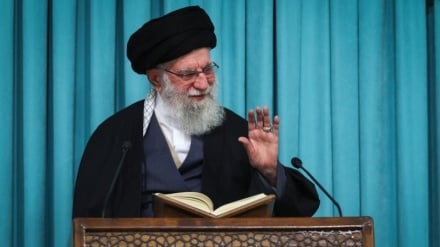Few points Patrick Clawson reminds U.S. politicians about Iran
-

Patrick Clawson, a well-known American economist and researcher
Pars Today — Patrick Clawson, a well-known American economist and researcher specializing in West Asia, highlights several points for U.S. policymakers in an article.
According to Pars Today, in his article titled “The Return of Iran’s Confidence?” published on the Washington-based Near East Policy Institute website on November 4, 2025, Patrick Clawson examines changes in Iran’s approach following the 12-day war with Israel, emphasizing that Tehran has appeared with greater confidence in its stance toward the United States and Israel.
First, Clawson emphasizes that Ayatollah Khamenei, the Leader of the Islamic Revolution, in his October 20 speech, defended Iran’s performance in the war with a triumphant tone, stating that Iranian missiles were able to target key Israeli sites. He also stressed that Iran is prepared for a new round of confrontation and presented domestically produced missiles as a symbol of national power.
Second, Clawson emphasizes that Iran considers itself the victor of the 12-day war with Israel. In this regard, Ali Larijani, Secretary of the Supreme National Security Council, stated in a detailed interview with Press TV on July 4 that Iran emerged victorious in the recent conflict. Referring to Israel’s initial attacks on Iranian officials and scientists, he noted that Iran took the initiative as the war continued. To support his claim, Larijani cited Israeli sources such as Ehud Olmert, Bezalel Smotrich, and Israeli media, asserting that Israel and the U.S. feared the continuation of the conflict and therefore sought a ceasefire.
Third, Clawson warns that Iran’s confidence may represent a form of psychological deterrence, but it should be taken seriously. He emphasizes that Washington must release undeniable evidence regarding the conflicts. He also claims that Iran sometimes exaggerates the assessment of its own damages.
For example, Larijani stated that six Iranian missiles hit the U.S. base in Qatar, while the United States has confirmed only one. However, Clawson’s claim contradicts the facts. Brigadier General Ali Mohammad Naeini, spokesperson for the Islamic Revolutionary Guard Corps, said that the U.S. spent $111 million to intercept 14 missiles fired from Iran, six of which struck their intended targets at Al Udeid Air Base.
Fourth, Clawson emphasizes that contrary to expectations, Iran has shown no willingness to return to nuclear negotiations following the 12-day war with Israel. On November 3, Foreign Ministry spokesperson Esmaeil Baqaei stated that exchanging messages with Washington does not signify a resumption of negotiations. Ayatollah Khamenei also told students that the cessation of U.S. support for Israel and the withdrawal of American forces from the region could create conditions for reconsidering certain issues, but this is not foreseeable in the near future.
Fifth, according to Clawson, recent statements by Iranian officials place greater emphasis on the missile program than on the nuclear program or proxy forces. This shift may indicate a new Iranian focus on direct deterrence. Clawson advises that American analysts should pay attention to the rapid rebuilding of Iran’s missile capabilities just as much as they focus on the nuclear program.
In concluding his article, Clawson emphasizes that following the 12-day war, Iran has not shown any sign of weakness; rather, it has appeared with greater confidence in the face of threats. According to him, this stance could influence future U.S. policymaking, as the likelihood of reaching a stable agreement with Iran has decreased and more aggressive actions from Tehran should be anticipated.


